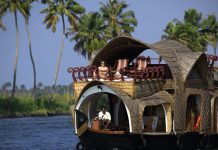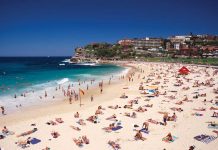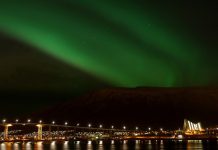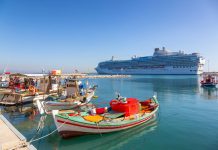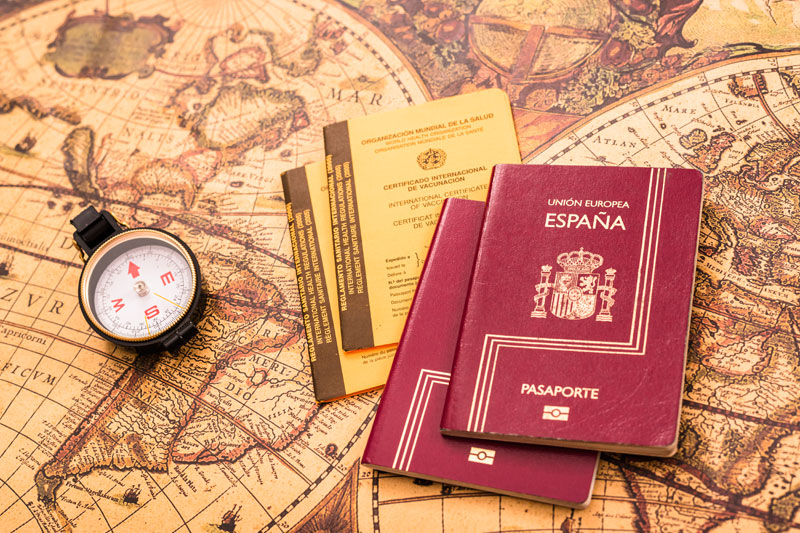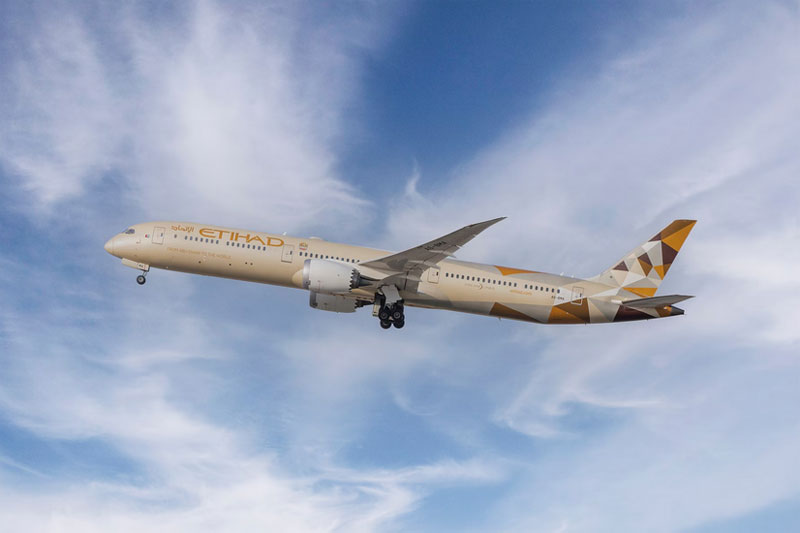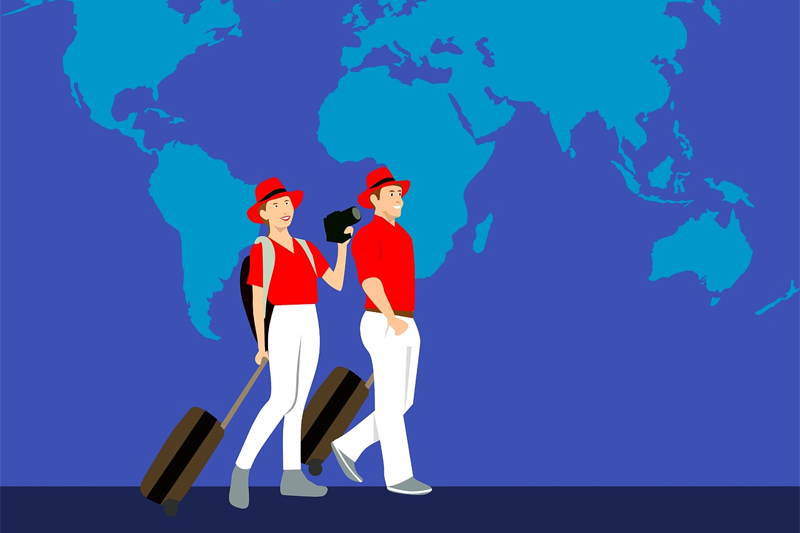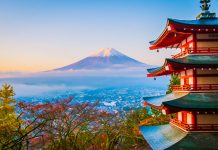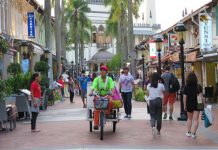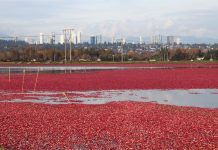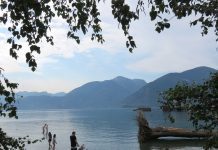Norway took the limelight with record breaking wins at the recent Olympic Games in Pyeongchang. Media frenzy over their achievements, but what do we know about small country on the edge of the world?
President Donald Trump tweeted his welcome for Norwegians to immigrate to the United States earlier this year. His offer was flatly declined. Why would Norwegians want to leave when oil-rich Norway has low unemployment, a generous healthcare and social safety net.
Good governance earned Norway top ranking in the 2017 index of inclusive economies. With ‘rainy day’ kroner squirrelled away, Norway now has one trillion dollars in their sovereign wealth fund.

Its 5.2 million residents take great pride in their democratic values. Norwegians adopt a culture of openness when it comes to income and tax transparency. Citizens can view everyone’s tax return with the caveat that the tax filer is notified.
The 2017 United Nations World Happiness report rated Norway the world’s happiest country.
Norwegians are recognized for their global peace negotiating efforts. The Nobel Institute based in Oslo is home to the prestigious Nobel Peace Prize.
Nordic Gem that Inspired Frozen
The ‘Land of the Midnight Sun’ cradles the Western Scandinavian Peninsula in Northern Europe, bordered by Finland, Sweden and Russia. Oslo is the country’s capital and largest city.
In Norway, glaciated peaks open to stunning fjords. Dazzling fireballs illuminate the arctic sky – while vibrant cities brim with old and new world charms. Traditional Norwegian cuisine would make foodies salivate.
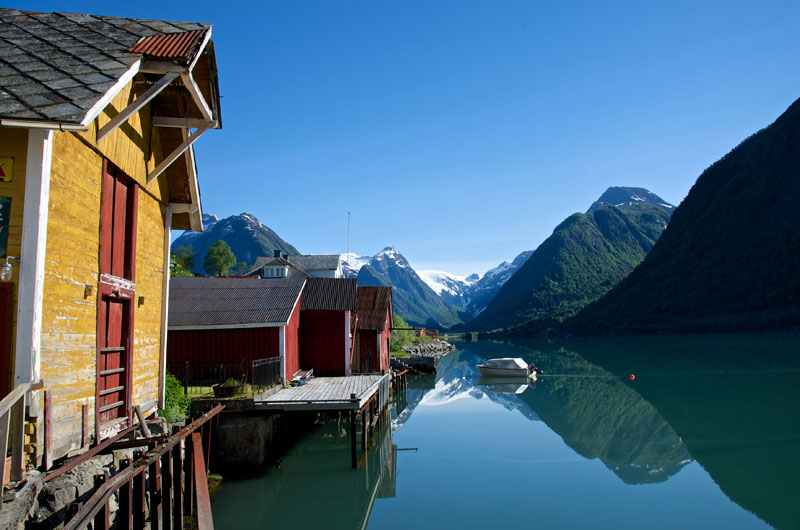
Fjords, Polar Nights and Viking culture, they are all part of what inspired Disney’s hit family movie, Frozen. Norge or Noreg, as known to locals.
Roald Amundsen’s Nordic homeland never ceases to captivate visitors. The Norwegian polar explorer was the first adventurer to reach the South Pole and also traverse the Northwest Passage.
Norway’s UNESCO World Heritage Sites
Norway may be small but its stunning natural wonders, rich history and cultural heritage secured the country eight sites on the UNESCO World Heritage List.
Bryggen’s wharf with its colourful, wood buildings was a key Northern European trading port for the medieval Hanseatic merchants. Today the waterfront structures house the Hanseatic Museum, restaurants and tourist shops as well as artist studios.
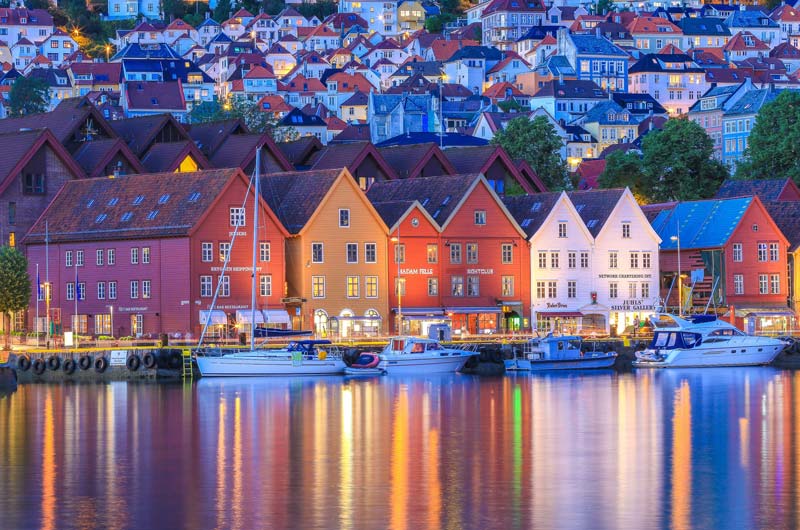
The 12th century wooden Urnes Stave Church at Ornes, is the oldest of the 28 remaining Stave Churches in Norway. Its unique architecture incorporates elements of Celtic art, Viking heritage and Romanesque spatial structures.
Fjords to Include in Your Bucket List
Norway’s coast borders the North Sea, Norwegian Sea, Arctic Ocean and Barents Sea. Its craggy shoreline punctuated by nearly 1,200 glacier-carved fjords is home to the impressive West Norwegian Fjords – Geirangerfjord and Nærøyfjord. UNESCO World Heritage listed the site among the world’s most dramatic landscapes.
Soaring glaciated mountain ranges open to majestic fjords surrounding picturesque villages. Its pristine wilderness abounds with wildlife. Cascading waterfalls flow into gushing rivers and glacial lakes teeming with marine life.
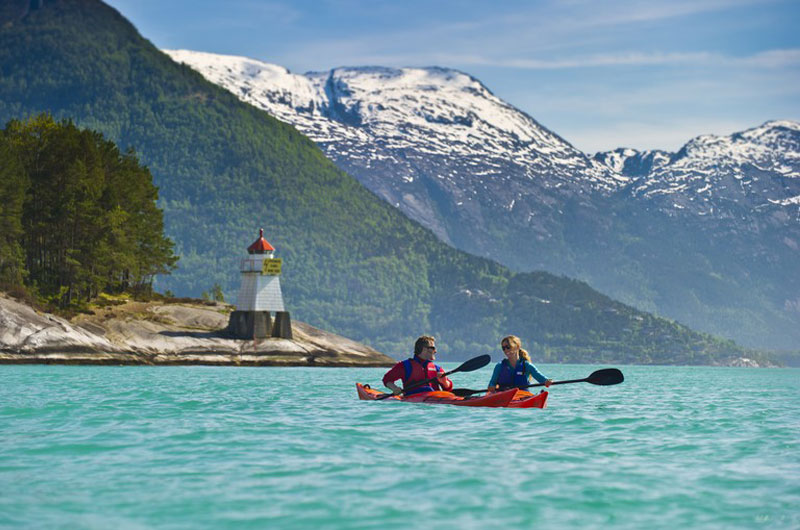
The three heritage sites are accessible from Bergen. Bergen is Norway’s second largest city and the gateway to fjord country. Seven mountains frame the city centre offering plenty of hiking trails, camp sites and lakes for watersports.
Within reach, are also two out of the three longest fjords in the world: the famous Hardangerfjord and the Sognefjord. Cruising is a great way to enjoy Norway’s fjords and pristine waterways.
Bergen for Seafood Lovers
The seafood culture in this UNESCO City of Gastronomy is considered the most sustainable in Europe. Traditional Norwegian cuisine is heavy on seafood and game. Game ranges from duck, goose to moose, elk and reindeer as well as other fowl.
If you love seafood, Bergen is for you
Klippfisk (dried and salted cod) is a must try. Fiskesuppe (cod and root vegetable chowder) and røkt laks (smoked salmon), sild (pickled herring) and gravlaks (cured salmon served with mustard sauce) are some of the popular seafood dishes.
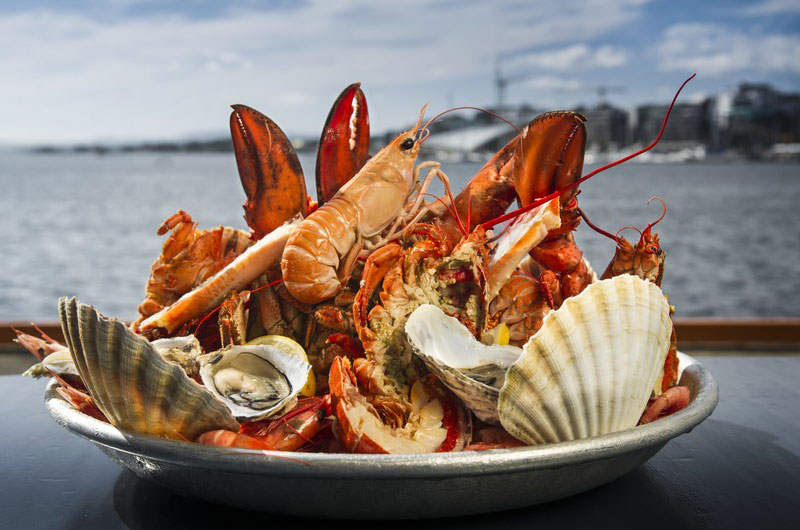
Viking Heritage
In Norway, the Viking reign lasted 250 years. Stories of these fierce seafaring warriors are evident in the fjords. The Vikings are also shrewd traders, skilled craftmen and explorers.
Visitors can view models of Viking ships at the Bergen Maritime Museum.
The largest Viking longhouse unearthed at Borg is housed at the Loftr Museum in the Lofoten Islands.
Other UNESCO heritage sites include the Røros Mining Town and the Circumference, Rock Art of Alta, Vegaøyan – The Vega Archipelago, Struve Geodetic Arc and Rjukan-Notodden Industrial Heritage Site.
Norwegian Cultural Etiquette
Many believe that being polite means respecting another person’s privacy and not to bother others unnecessarily.
This explains why Norwegians may appear aloof to strangers, but behind the façade, they are warm and hospitable people once they get to know you.
Need help? Approach them in a calm, friendly and sincere manner. Don’t criticize. Flaunting your wealth is frowned upon. Remove your footwear on entering a residence.
Budget Tips and Train Travel
Travel within Norway can be on the pricey side, but there are always affordable ways around the country. Take advantage of the excellent public transport system and cook your own meals. Camp and travel during off-peak season.
The major airports are in Oslo, Bergen, Stavanger and Tronheim.
A scenic and leisurely way to get to Norway is by train from London. A free step-by-step guide is available on seat61.com. On the site, veteran British traveller and rail expert, Mark Smith detailed how you can take the Eurostar from London to Hamburg and Copenhagen, then onwards by ferry to Oslo. Alternatively, you can hop on a train to Kiel, Germany – then onto the luxurious Color Line ferry to Oslo.











